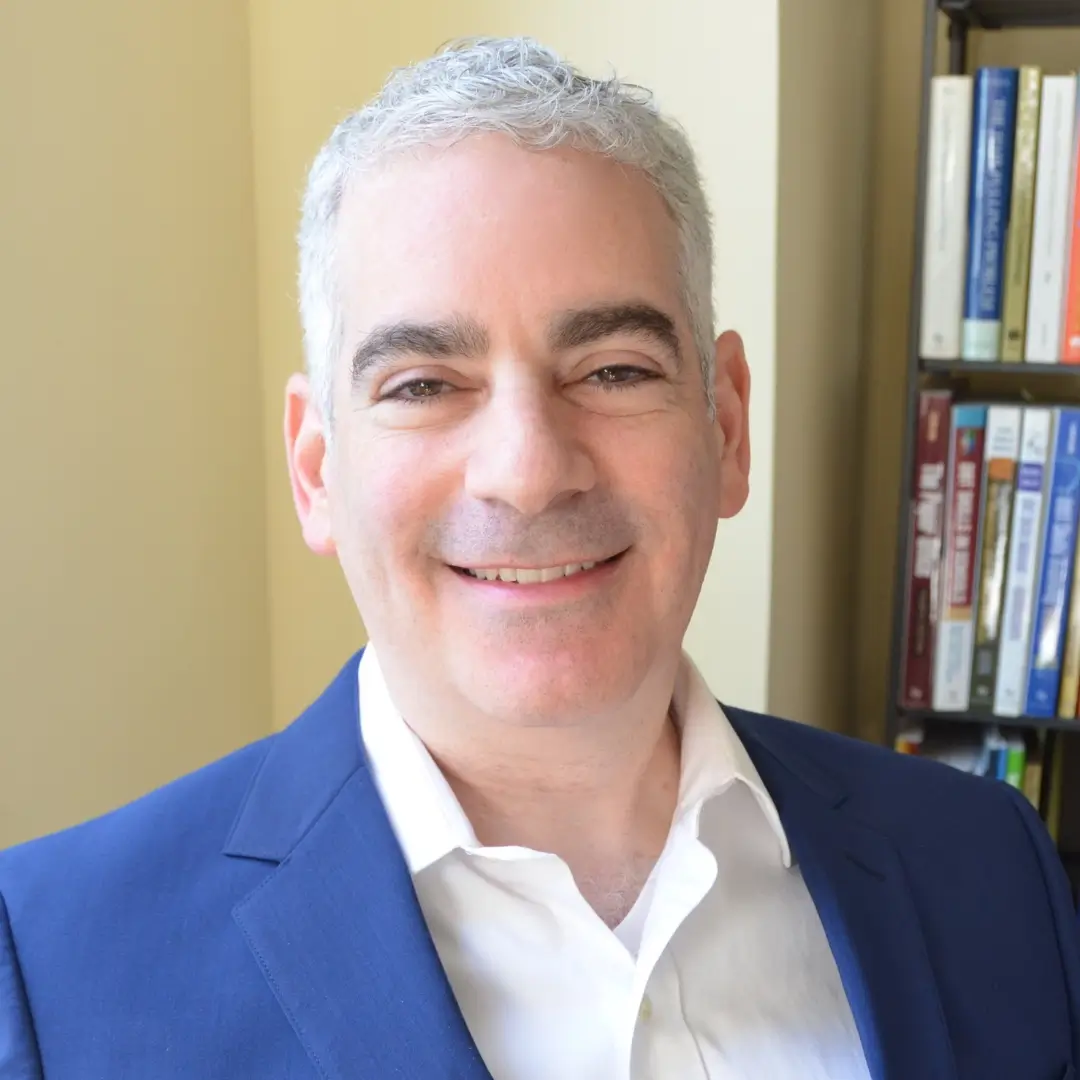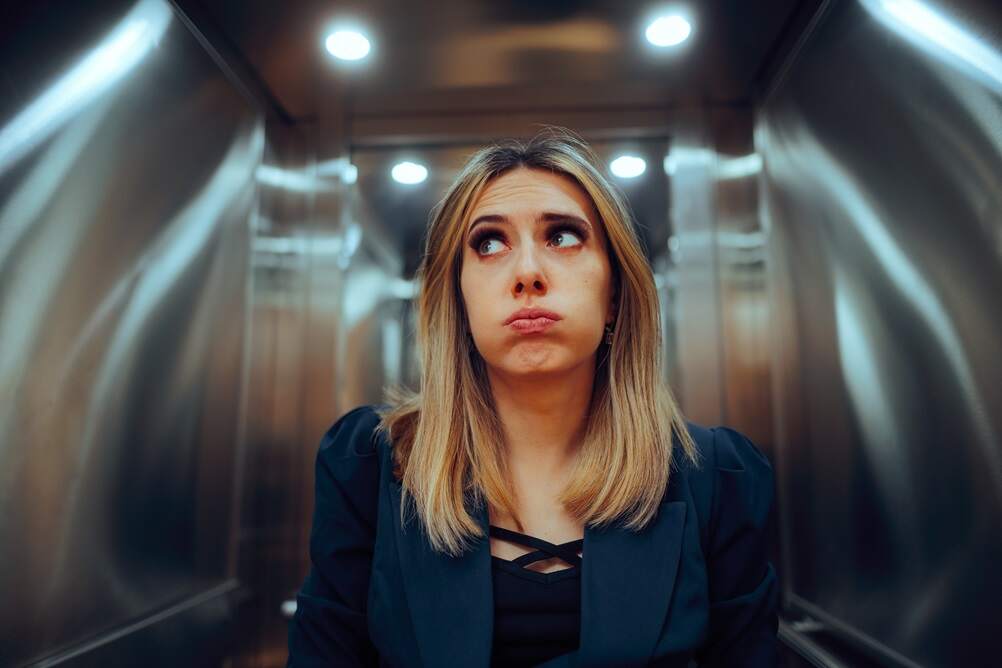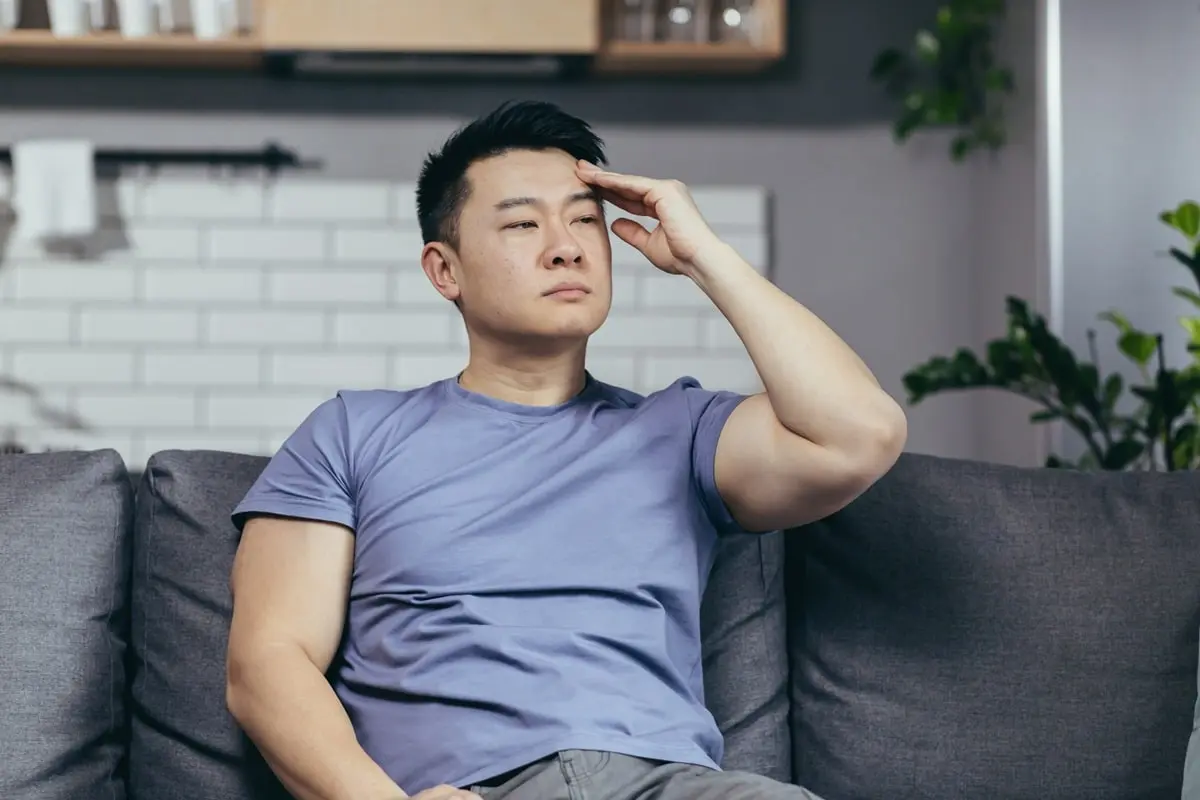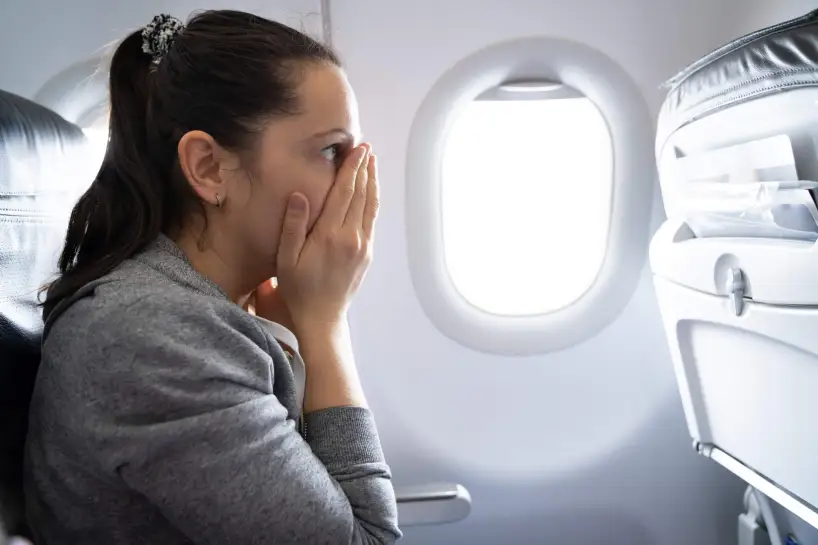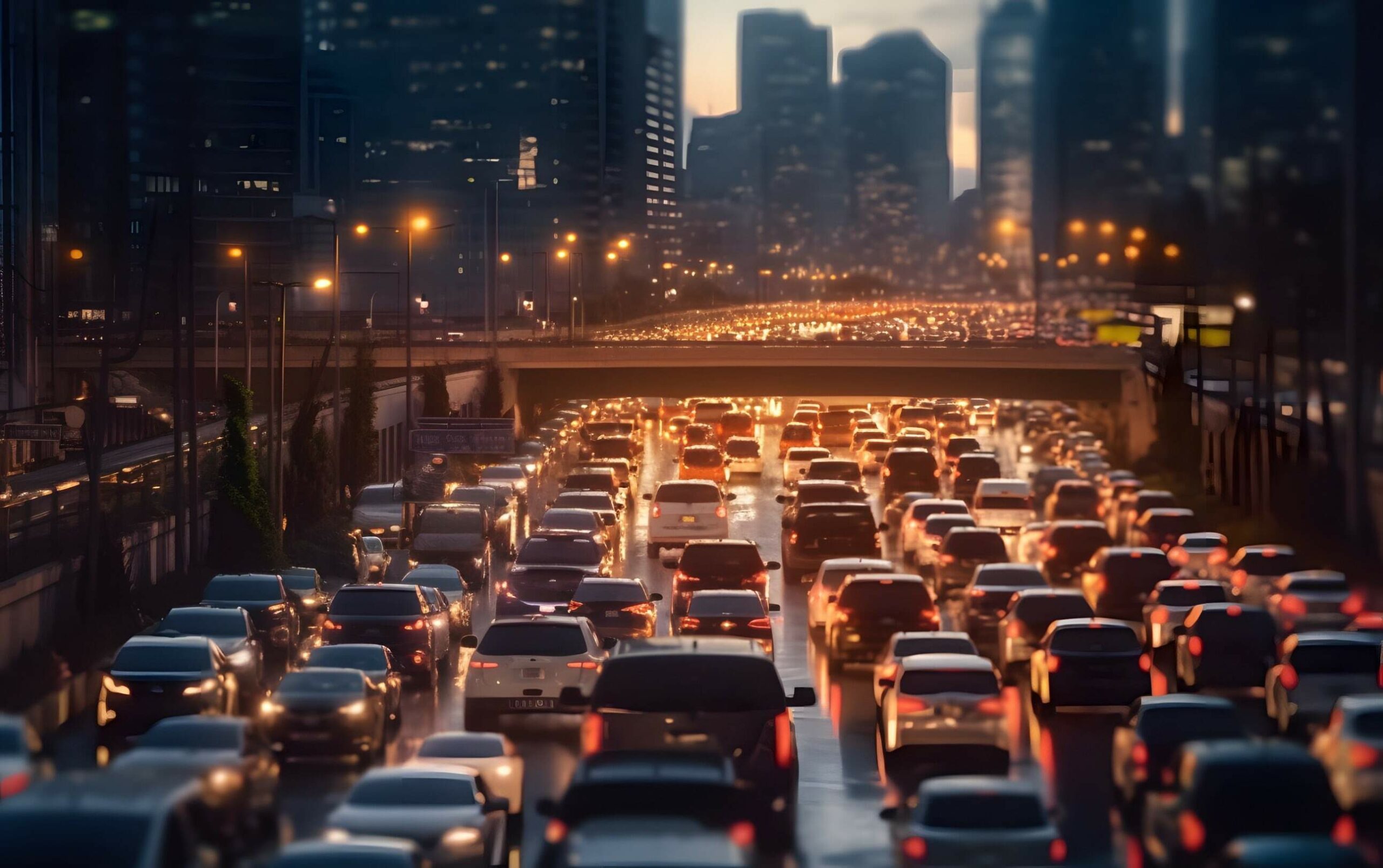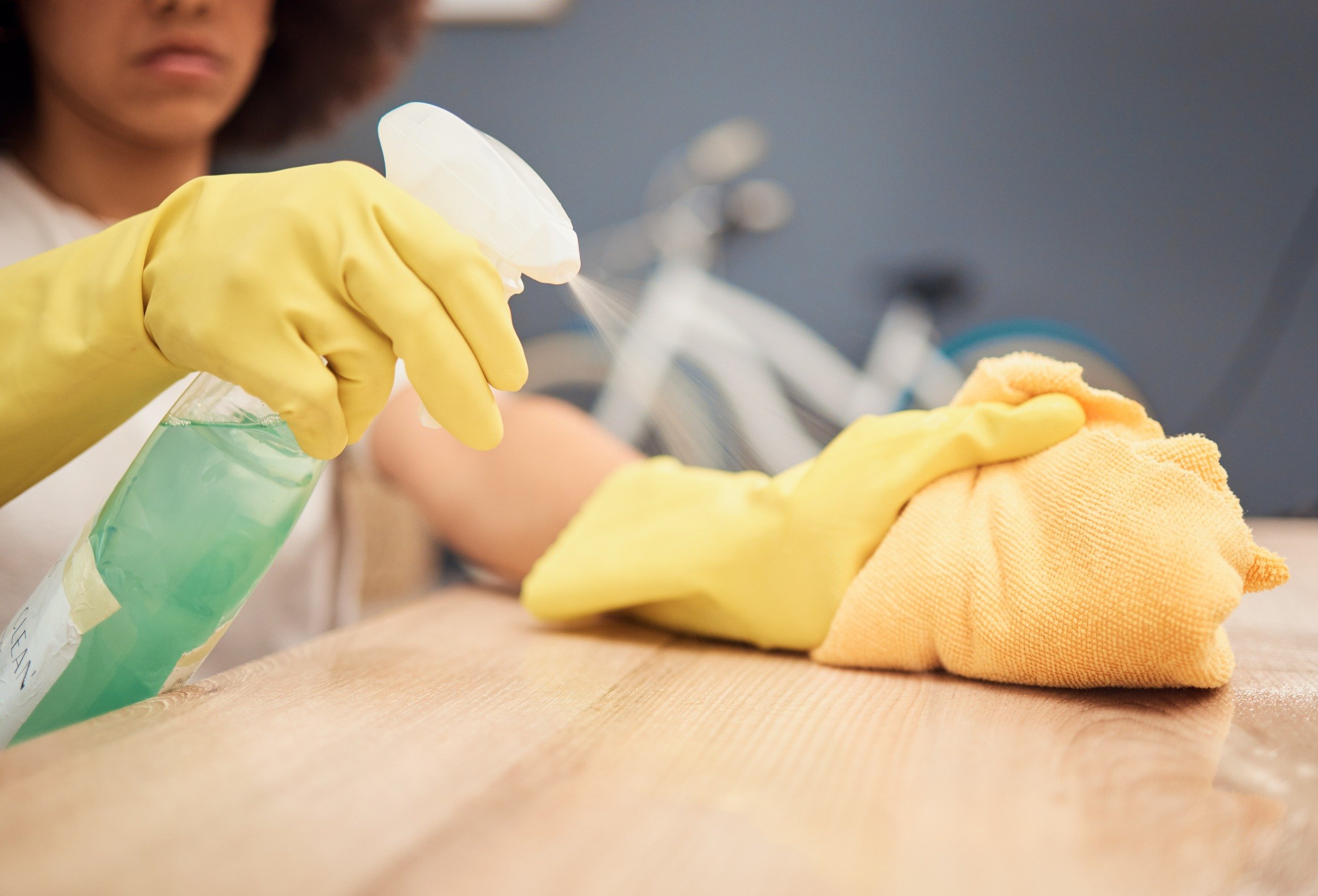Many people with sleep difficulties say that Sunday night insomnia is a real problem for them. Why is Sunday night so tough for some people?
Cause 1: Anxiety
Part of the reason we are prone to Sunday night insomnia might be obvious: it is often harder to get to sleep if we are worrying about upcoming work or school. This worry can make it difficult to get to sleep, whether or not it is well-founded. Many people with Sunday night insomnia say they cannot imagine how they will cope with the work and stress of the upcoming week. The notion that they might be overwhelmed by this stress is disturbing. It can sometimes lead to catastrophic thought patterns about what might happen if they fail to handle the week’s demands. This thought process can be even more upsetting.
Cause 2: Biological rhythms
Another reason that Sunday night insomnia is problematic may surprise you. It has nothing to do with anxiety about work or school. It has to do with our circadian rhythms. We often change our sleep schedules when the weekend begins. After five days in a row of needing to get to sleep early, we may decide to enjoy ourselves and stay up late. We might go out, be social, or do something else fun that keeps us up past our usual bedtime.
Sleeping in
The next morning, the problem grows. For some of us, there are few things as enjoyable as sleeping in on Saturday mornings, especially after a late night. This pattern only gets more exacerbated on Sundays, since we might stay up even later on Saturday nights and then sleep in on Sunday mornings. Some would say, “That’s what weekends are for!”
Unfortunately, by changing our wake and sleep times on the weekends, we make it nearly impossible to go to sleep at our desired time on Sunday night. Our bodies’ homeostatic sleep drive builds up during the day. Approximately 16 hours after we wake up, it has reached a sufficient level that we are able to get to sleep easily. But if on a Sunday we wake up at 10:30 a.m. and then try to get to sleep at 11 p.m., our homeostatic drive will only have had twelve and a half hours to build up! This is typically not enough, and we will have trouble getting to sleep before 2:30 a.m.
How our thinking can worsen Sunday insomnia
In the above example, things are often made worse by our belief that we should be able to get to sleep at 10:30 p.m., if that’s when we go to bed. When sleep doesn’t come right away, it can trigger negative thoughts such as “Oh boy, if I don’t get good sleep tonight, I’ll be a mess tomorrow!” or “If I get fired, I might have to move!” or “I’m not going to be able function tomorrow.” Thoughts like these serve to make us more anxious; being anxious then makes sleep more elusive.
If you suffer from Sunday night insomnia and go to sleep late (and wake up late) on weekends, you might consider setting a regular wake time that is the same for weekdays and weekends. Ultimately, if insomnia becomes a chronic problem, you might consider seeking out CBT-I, a CBT treatment designed specifically for those suffering from chronic insomnia.
Subscribe to the Manhattan Center for Cognitive-Behavioral Therapy blog!



